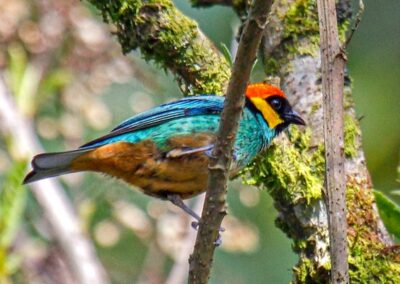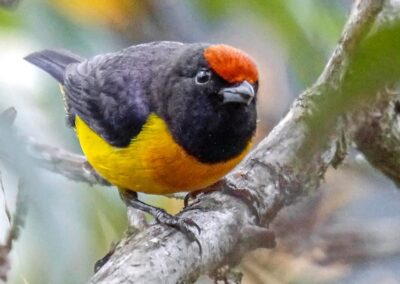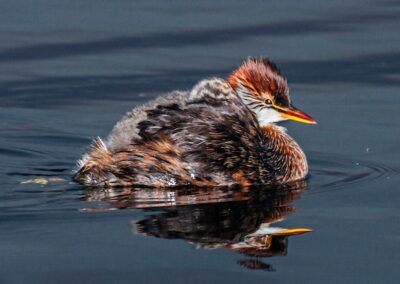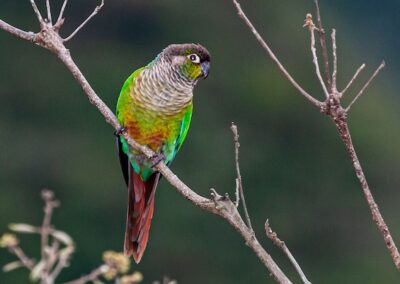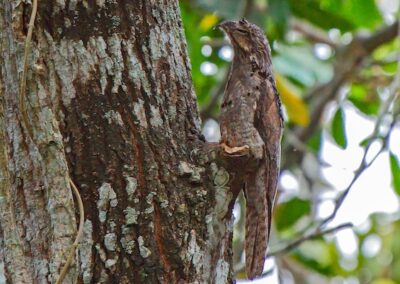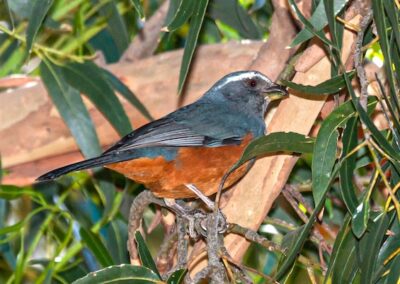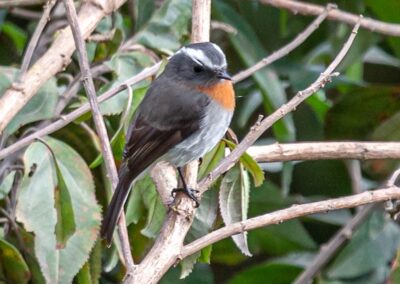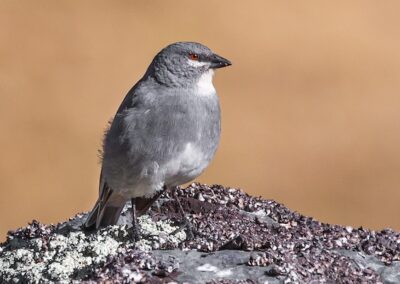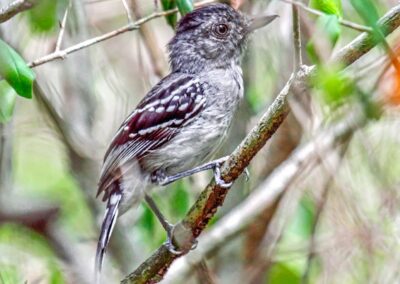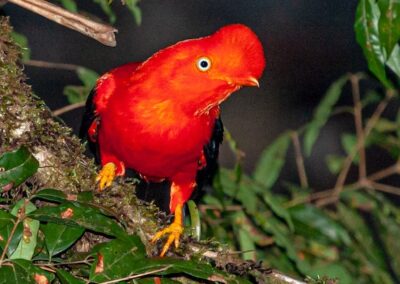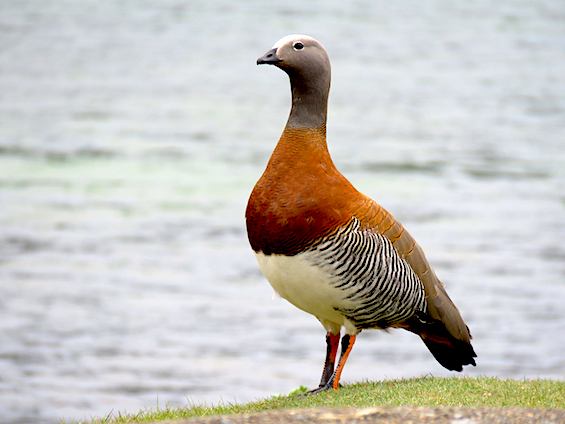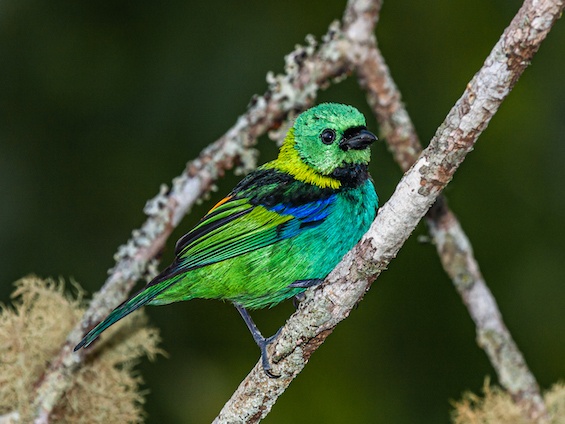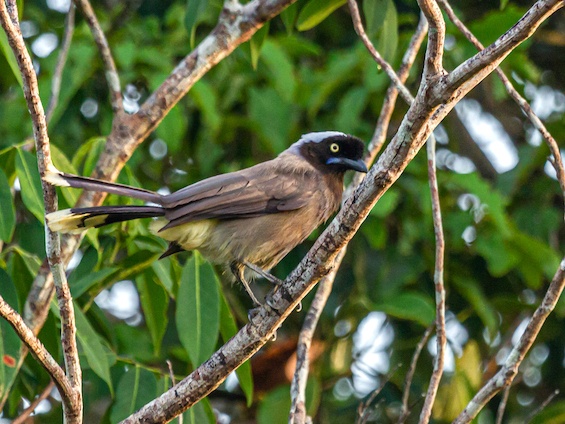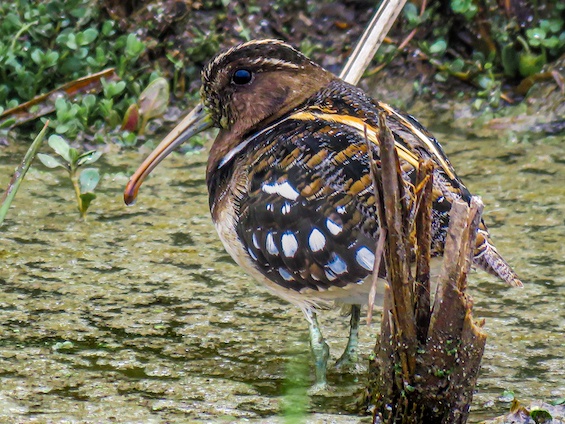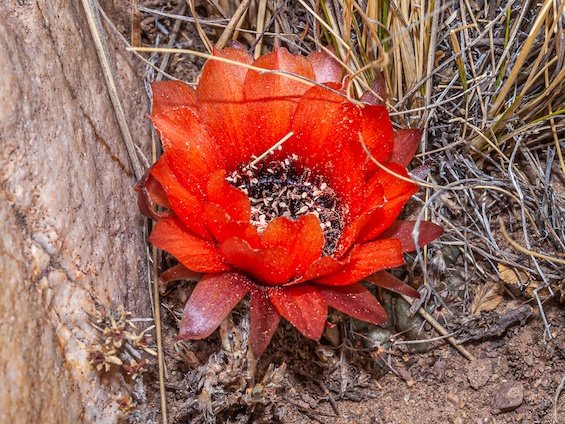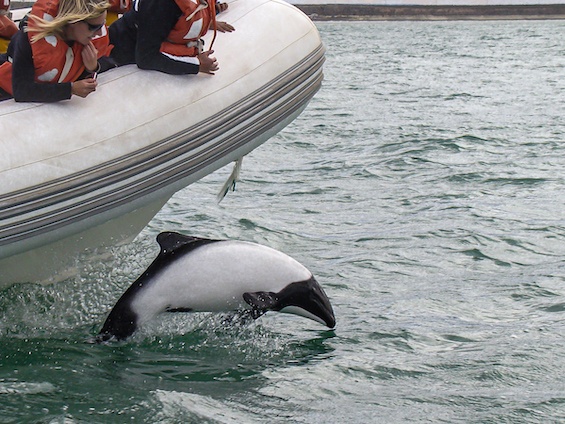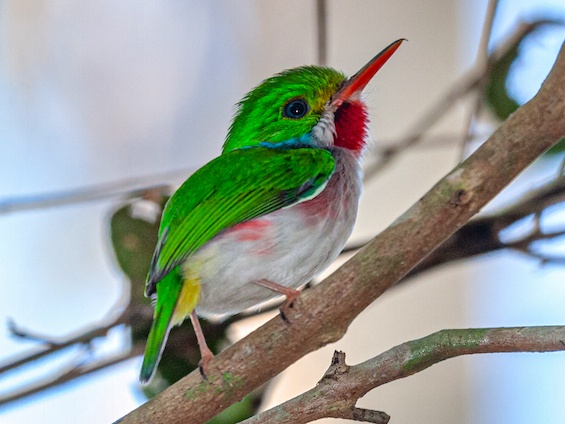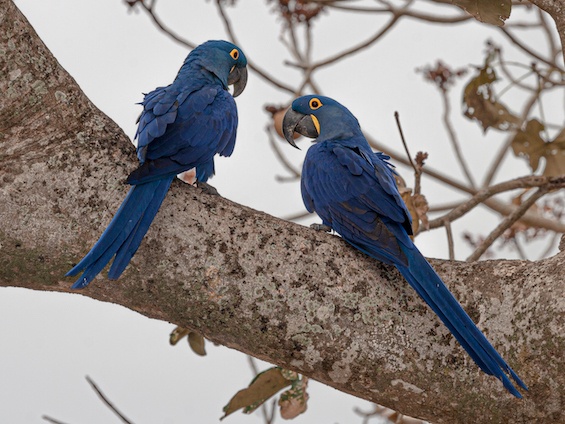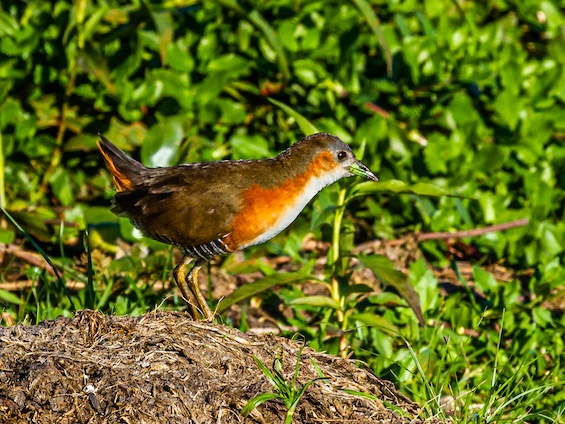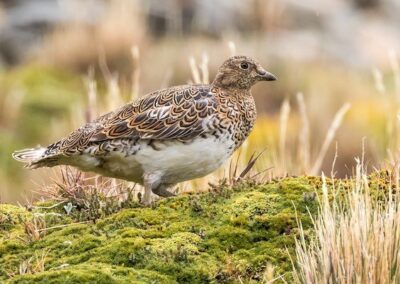Tour Features
Join us on this unique birding adventure in the heart of South America to look for Bolivia’s endemic and special birds and an incredible array of Neotropical species. Bolivia is a biological treasure nestled between Argentina, Brazil, Peru, Chile and Paraguay. Its geography is very diverse, and the country can be divided in three main geographical regions: the Andean Region, sitting above 3,000 metres (9,800 ft.) above sea level; the Sub-Andean Region spanning over the center-south of the country and finally the Llanos (the plains), located north of the Central Cordillera and spanning from the Andean foothills to the Paraguay River. When it comes to birds, Bolivia is truly amazing. With its wide diversity of habitats, this small country hosts around 1,422 species of birds: a full 40% of the species in South America.
Our birding adventure begins exploring different lowland habitats around Santa Cruz, including tropical grasslands, woodlands, sand dunes, marshy flatlands and Chaco woodland. We will then move westwards into the foothills to Refugio Los Volcanes. This is a different habitat, dominated by a semi-deciduous foothill forest framed by tall red cliffs and the area is particularly interesting for parrots and tinamous.
Our next destination is the area of Comarapa. To get there, from Los Volcanes, we’ll drive along the boundaries of Amboro National Park, crossing a patch of semi-humid forest which offers great birding opportunities, and finally enter the inter-mountain valleys of the eastern Cordillera, where the vegetation changes into a subtropical lower montane dry forest, with different birds. We will spend time birding the Chaco and cacti woodland habitats around Comarapa and Siberia Forest, looking for bird specialties and endemics.
After leaving behind Comarapa, we’ll travel northwest, towards our next destination: Cochabamba. This city is the main gateway to Bolivia’s most important Andean habitats, ranging from upper tropical, subtropical and temperate forests on the wet Amazonian slope, to arid temperate scrub, Puna grassland and Polylepis woodland on the dry intermontane side. We will put a special effort on birding the intermontane valleys and the humid eastern slopes of the Andes, to try and target Bolivian endemic bird species, as this is the place where most of them live.
We will finally take an internal flight from Cochabamba to La Paz, where we’ll spend the last few days of the tour exploring different high Andean habitats. We will drive from La Paz to Coroico, passing through La Cumbre Pass, at roughly 4,700 meters (15,000 ft.) above sea level. This drive is fantastic, with a wide diversity of bird habitats including Altiplano, high Puna bogs and cloudforests. We will also spend a day exploring mighty Titicaca Lake.
Some Birds We’ll Look For
Santa Cruz and Los Volcanes: Greater Rhea, Tataupa and Great Tinamous, Whistling Heron, Boat-billed Heron, Fasciated Tiger Heron, Red-legged Seriema, Speckled Chachalaca, Blue-throated Piping Guan, Blue-winged Parrotlet, Cliff Parakeet, Mitred Parakeet, Blue-crowned Parrot, Burrowing Owl, Rufescent Screech Owl, Caatinga Puffbird, Black-fronted Nunbird, Campo Flicker, Yellow-tufted Woodpecker, Rufous-fronted Thornbird, Great Antshrike, Bolivian Slaty Antshrike, Ashy Antwren, Bolivian Recurvebill, Vermillion Flycatcher, Purplish Jay, Plush-crested Jay, Crested Oropendola, Red-capped Cardinal and Black-backed Grosbeak.
Comarapa: Andean Condor, King Vulture, Bat Falcon, Rufous Nightjar, White-bellied Hummingbird, Amethyst-thoated Sunangel, the near endemic Buff-bellied Hermit, White-fronted Woodpecker, Bolivian Earthcreeper, Sooty-fronted Spinetail, Greater Wagtail-Tyrant, Cliff Flycatcher, Crowned Slaty Flycatcher, Mountain Wren, Masked Flower-Piercer, Pearled Treeruner, White-tipped Plantcutter, Black-goggled, Sayaca and Blue-and-yellow tanagers, Bolivian Brush-Finch, Gray-crested Finch, Grayish and Golden-billed saltators and Ultramarine Grosbeak.
Cochabamba: Andean Tinamou, Black-and-chestnut Eagle, Bare-faced Ground-Dove, Red-tailed Comet, Amethyst-throated Sunangel, Booted Racket-tail, Scaled Metaltail, Long-tailed Sylph, Yungas Pygmy-Owl, Crested and Golden-headed quetzals, Masked Trogon, Versicolored Barbet, Blue-banded Toucanet Hooded Mountain-Toucan, Chestnut-tipped Toucanet, Crimson-mantled Woodpecker, Black-winged Parrot, Tawny Tit-Spinetail, Yungas Tody-Tyrant, d’Orbigny’s and White-browed chat-tyrants, Rufous-webbed Tyrant, Slaty Gnateater, Bolivian Tapaculo, Andean Cock-of-the-rock, Yungas Manakin, Band-tailed Fruiteater, White-capped Dipper, Moustached and Deep-blue flower-piercers, Scarlet-bellied Mountain Tanager, Rufous-bellied Saltator, Giant Conebill, Fulvous-headed Brush-Finch, Short-tailed Finch, Bolivian Warbling-Finch, Cochabamba Mountain-Finch, Citron-headed Yellow Finch, Gray-bellied Flower-piercer and Bolivian Blackbird.
La Paz and Titicaca: Ornate Tinamou, Darwin’s Nothura, Titicaca Grebe, Giant Coot, Rufous-bellied Seedsnipe Andean Hillstar, Streak-throated Canastero, Berlepsch’s Canastero, Pearled Treerunner, Black-throated, Thistletail, Puna Tapaculo, White-collared Jay, Fulvous Wren, Grass-green Tanager, Orange-browed Hemispingus, Black-throated Flower-piercer, Plush-capped Finch, Peruvian Sierra-Finch, White-winged Diuca-Finch, Black Siskin and Mountain Cacique.
INFORMATION
Tour Interest:
Tour Type:
Tour Dates:
Tour Duration:
Starts/Ends:
Best time to go:
Prices:
What’s Included?
What’s Not Included?
Itinerary ( 16 days )
Day
1
Arrival
Morning meeting at Santa Cruz de la Sierra International Airport. Afternoon birding around Santa Cruz. O/N Santa Cruz de la Sierra.
Day
2
Santa Cruz de la Sierra
Santa Cruz de la Sierra to Refugio Los Volcanes. O/N Los Volcanes.
Day
3
Refugio Los Volcanes
Full day birding Refugio Los Volcanes. O/N Los Volcanes.
Day
4
Refugio Los Volcanes
Refugio Los Volcanes to Comarapa. O/N Comarapa.
Day
5
Comarapa.
Full day birding around Comarapa. O/N Comarapa.
Day
6
Siberia Forest.
Full day birding Siberia Forest and Comarapa. O/N Comarapa.
Day
7
Comarapa.
Comarapa to Cochabamba. O/N Cochabamba.
Day
8 to 11
Cochabamba & Chapare.
We will spend 4 full days birding Cochabamba and Chapare. O/N Cochabamba.
Day
12
Cochabamba.
Cochabamba to La Paz. O/N La Paz.
Day
13
La Paz.
La Paz to Coroico. O/N Coroico.
Day
14
Coroico.
Coroico to La Paz. O/N La Paz.
Day
15
Lake Titicaca.
Full day birding Lake Titicaca and Sorata. O/N La Paz.
Day
16
Tour conclusion.
Morning transfer to La Paz International Airport. Tour conclusion.

